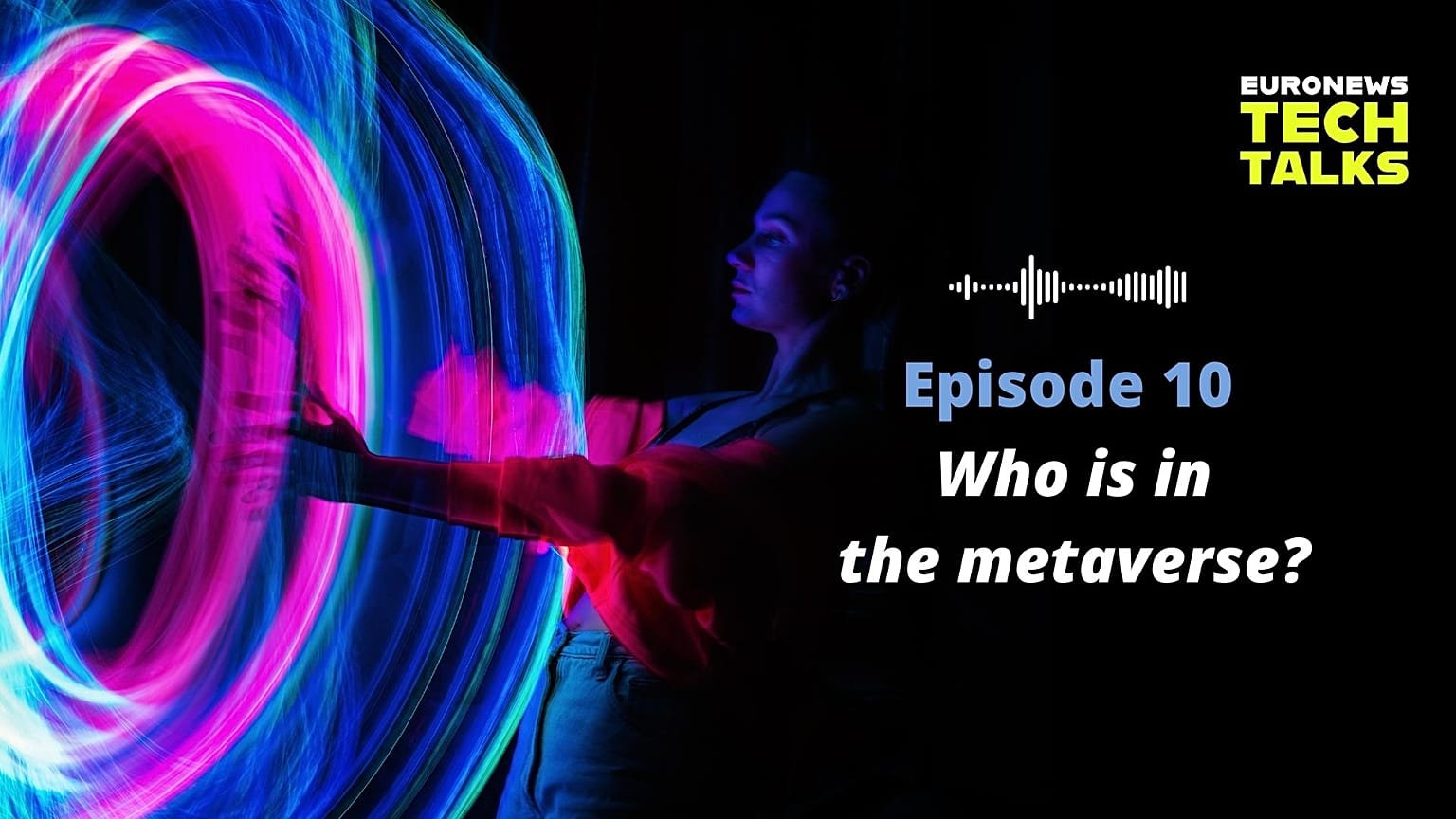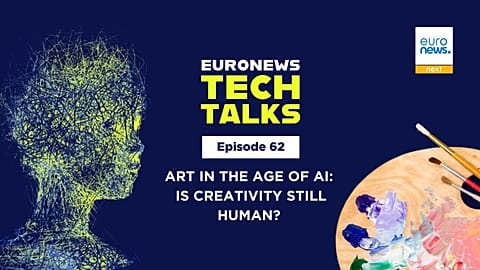In the upcoming three episodes, Euronews Tech Talks' team and our avatars will delve into virtual worlds to seek an understanding of the metaverse: What is it? How is it impacting the real world around me? And who is actually in it?
Leonida is a 13-year-old, and almost every day, he enters a metaverse.
 ADVERTISEMENT
ADVERTISEMENT
 ADVERTISEMENT
ADVERTISEMENT
There, his avatar meets the avatars of some of his friends in the real world, and together, they travel from world to world. Does this mean that the metaverse already exists? And if so, why do we want to be there?
The metaverse isn't here yet, but it's not new either
The term was coined in 1992 by science-fiction writer Neal Stephenson in his cyberpunk novel 'Snow Crash'.
In 'Snow Crash,' the metaverse is a virtual reality-based digital world where users can interact, socialize, and conduct business, similar to contemporary virtual worlds but with a more immersive and dystopian twist.
Professor of Anthropology Tom Boellstorff from the University of California, Irvine, argues that "virtual worlds" predate digitalisation, emphasising that they constitute independent places.
He states in The Conversation, "Virtual worlds don't just connect places; they're places in their own right. People played chess using the telegraph 150 years ago; those virtual chessboards weren't located on either end of the wire."
Boellstorff also references an example noted by Bruce Sterling in 1992: "Telephone calls don't take place in your phone or in the other person's phone. They take place in a virtual environment".
So, who is in the metaverse?
"I would say young people, the next generation. That's one reason why I think the metaverse will exist," said Aurelio Lopez-Tarruella, the director of the Chair for the responsible development of the metaverse at the University of Alicante, Spain.
"For young people, they are much more prepared for this kind of experience in themed virtual worlds," he added.
"If the metaverse doesn't deliver meaningful experiences, then I am not interested, so games are a great entry point to deliver meaningful experiences," says Daniel D Bryant, a Wales-based VR educator and founder of Collaborative Realities.
"When you are talking about games, gamers are self-motivated, but employees need a reason to enter the metaverse, whether it's for professional or corporate purposes".























